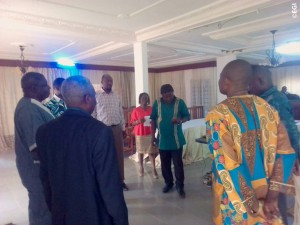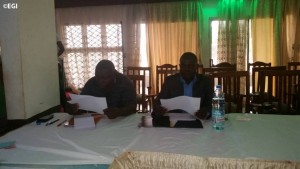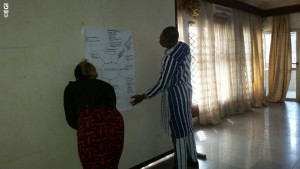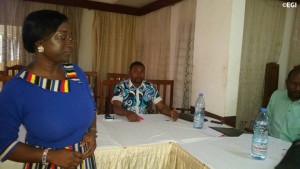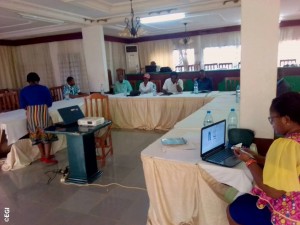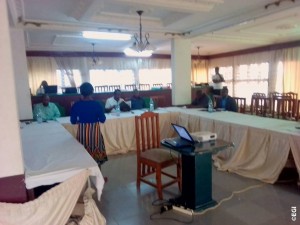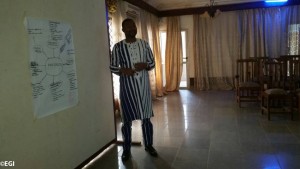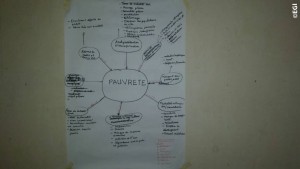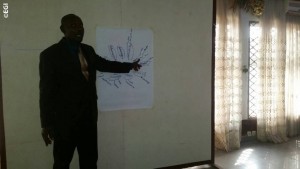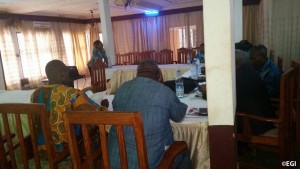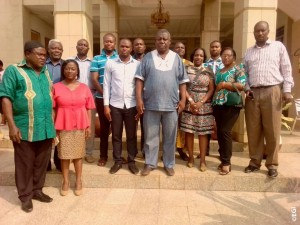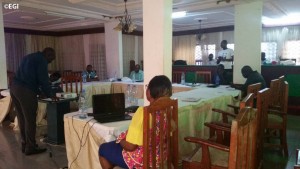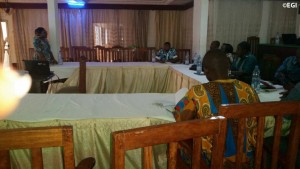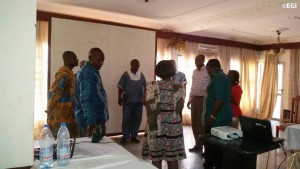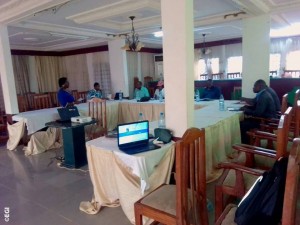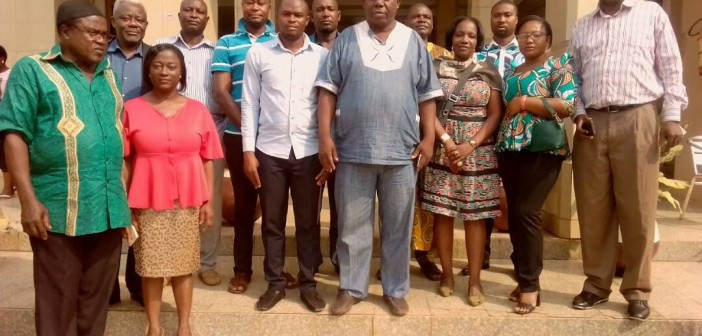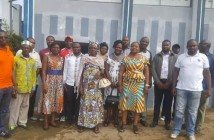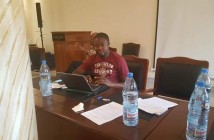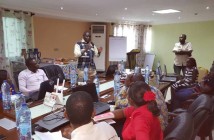Economic growth and the creation of wealth have reduced global poverty rates, but vulnerability, inequality, exclusion and violence have increased within and across societies throughout the world.
Unsustainable patterns of economic production and consumption contribute to global warming, environmental degradation and an upsurge in natural disasters.
Although there are challenges in implementing principles and standards to reduce such degradation, education must find ways of responding to such challenges, taking into account multiple worldviews and alternative knowledge systems, as well as new frontiers in science and technology such as the advances in neurosciences and the developments in digital technology.
Rethinking the purpose of education and the organization of learning has never been more urgent. Education for sustainable development aspires to resolve common problems that arise as a result of unsustainable consumption and production patterns and also recognize new horizons.
Since the creation of the Environmental Governance Institute, Education for sustainable development (ESD) has been a core business of the organisation. EGI has been working with primary and secondary schools to empower them on conservation issues.
To further extend their work, EGI under the partnership of the SIDA CSO support project is implementing ESD activities in five pilot schools around the Bakossi Landscape. It is in this light that, EGI organised a workshop to build the capacity of core team of trainers in ESD.
The workshop aimed to equip participants with adequate knowledge and skills on ESD principles and best practices to replicate the training in their respective schools. The specific objectives was to:
Equip them with various methodologies in ESD;
Increase the knowledge of participants on WSA;
Furnish them with skills in the development and teaching of LORETs;
Introduce them to the use of self- assessment form.
The workshop was on 15th to 18th January 2018 at Vianello Hotel Kumba.
Workshop Participants
Five teacher coordinators
Three delegates
Four EGI staffs
One WWF staf
